Sweet Potato Chips
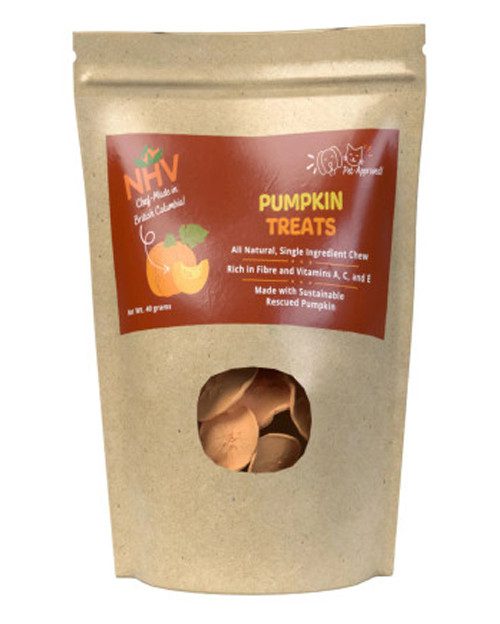
free shipping over $100 (USA & Canada)
1-877-937-4372 the pet expert hotline
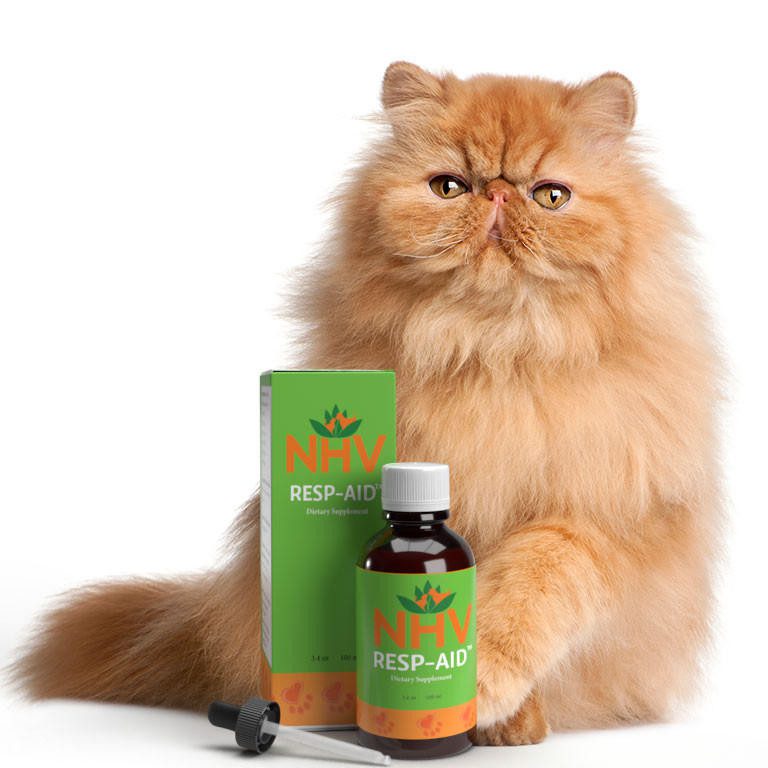
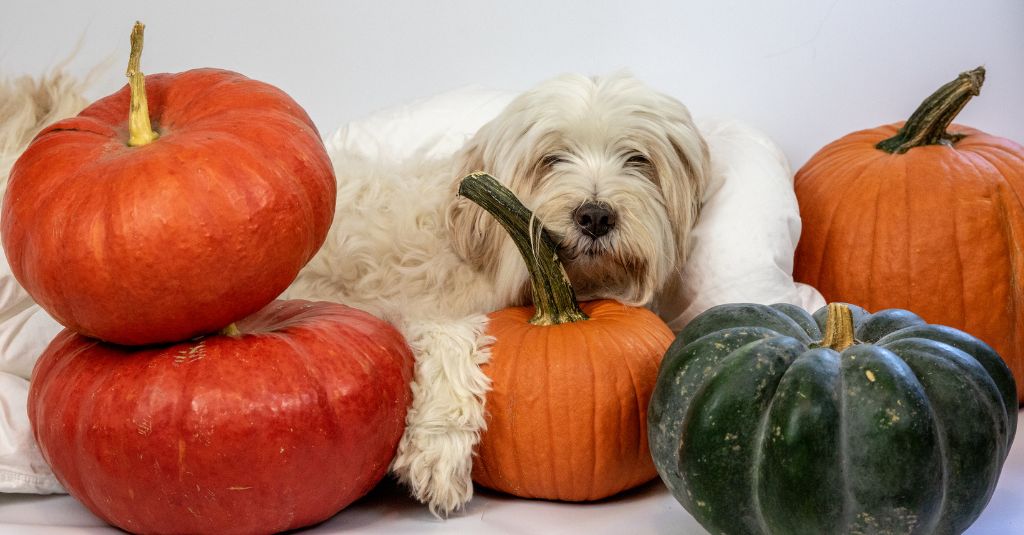
Autumn is already here. Together with its beautiful colors and fun activities, it brings pumpkins, cozy candles, and scents into homes. Besides that, this season can also bring some other things that may concern you, like more frequent sneezing in dogs.
Sneezing in dogs and cats can be caused by different triggers
Autumn is a season when pet parents commonly perceive their pups are sneezing a lot, or at least more than usual. Sneezing in dogs and cats can be caused by different triggers, ranging from dust, mold, and scents to more serious causes like infections, foreign bodies, and dental conditions, among others.
In this blog, we will take a closer look at what can cause constant sneezing in dogs, when this symptom could signal an underlying health issue, and how to manage common triggers, especially during autumn.
Just like in humans, sneezing is a natural reflex of a dog’s body caused by a determined trigger to clear the nasal passages from things like discharge, foreign materials, or irritants.
Common harmless causes of sneezing in dogs can be dust, mild temporary irritation, and even excitement. The presence of sneezing in response to these triggers should not concern you, as it’s a natural protective response of your little one’s body. However, if the sneezing persists and it’s more frequent than usual, it may be a sign that something else is happening.
As mentioned earlier, autumn is a season when some pet parents can notice their dogs are sneezing a lot. Let’s go over the most common triggers that this season can bring.
Carved and decaying pumpkins can harbor mold, a common, potential airborne allergen for many pets found in many places, not only in pumpkins. Remember that pumpkin is a safe and usually beneficial food for dogs’ digestive health. But be careful with decaying ones.
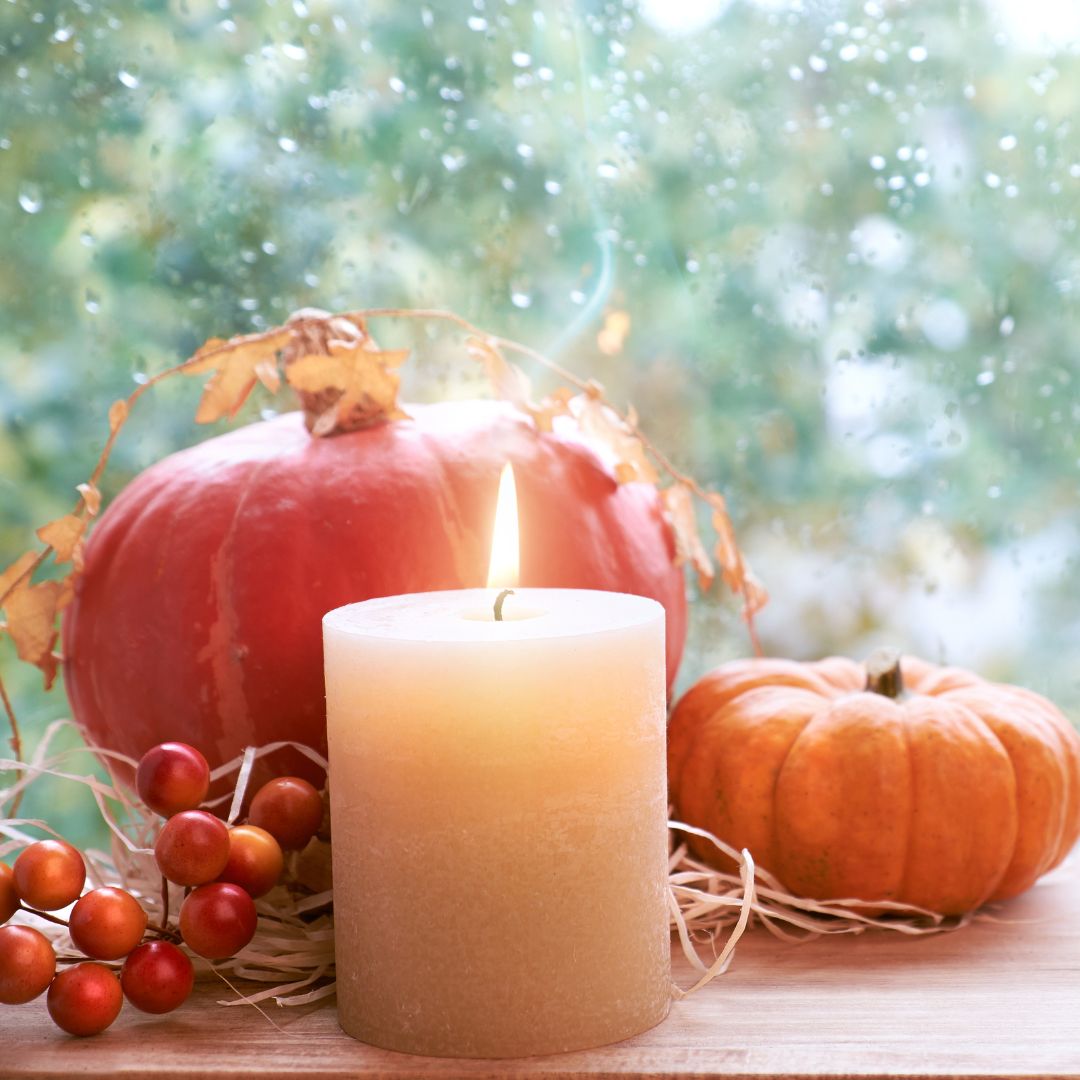
Dogs have a very sensitive olfactory system, and things that can be very pleasant for us, like candles and fragrances, can be irritants and uncomfortable for them. For example, scented or paraffin candles can release smoke and chemicals that irritate their airways. If you love candles and don’t want to stop using them, safe alternatives include those made from soy or beeswax – and be sure to limit the amount of time they burn.
Similar to candles, any kind of scents, like air fresheners, sprays, and potpourri, can also irritate dogs’ airways due to the presence of volatile organic compounds. Also, some essential oils like cinnamon and clove, typical of this season, can cause irritation and even toxicity in extreme cases. Always make sure that the scents you are using are safe for pets.
Seasonal autumn triggers are not the only thing to watch for if you feel your dog is constantly sneezing. There are many other reasons that can cause sneezing in dogs.
Common allergens that can cause constant sneezing in dogs are, for example, pollen, dust, and mold. These factors should always be considered as potential causes of allergies when a dog is constantly sneezing, especially because it’s easy to overlook them, as these particles are invisible to the naked eye. They may be associated with certain seasons, but they can also be a year-round issue.
As you may already know, respiratory infections can cause respiratory symptoms in dogs as well, including sneezing. These infections can be viral, bacterial, or even fungal. If you suspect your dog may have a respiratory infection, prompt veterinary attention is crucial to prevent the condition from worsening. Bacterial and particularly fungal infections can be very challenging to cure.

Although less common, it is not impossible for dogs to get foreign bodies in their nasal passages, and this should always be considered a potential cause of constant sneezing. Foreign bodies can be debris, grass seeds, and other elements from nature, usually caught when playing outdoors or swimming.
When dental disease is located in the upper jaw and is not effectively treated, the infection can progress and move towards the nasal cavity, causing inflammation and irritation and consequent respiratory symptoms like constant sneezing.
Mites can sometimes colonize and live in the nasal passages and paranasal sinuses of dogs, causing irritation, constant sneezing, and other respiratory symptoms. The definitive diagnosis needs to be made by a veterinarian through diagnostic imaging to directly visualize the mites in the nasal passages.
Although sneezing is a natural body reaction, that doesn’t mean we should ignore it, especially when it becomes more frequent. The following symptoms related to sneezing are considered concerning:
If any of these symptoms are present, your little one needs veterinarian care as soon as possible. Providing them with timely medical care will help prevent the condition from progressing and becoming a more serious problem.
The first step to take care of our furry friends always starts at home with simple but very helpful measures. Here we share some practical steps:
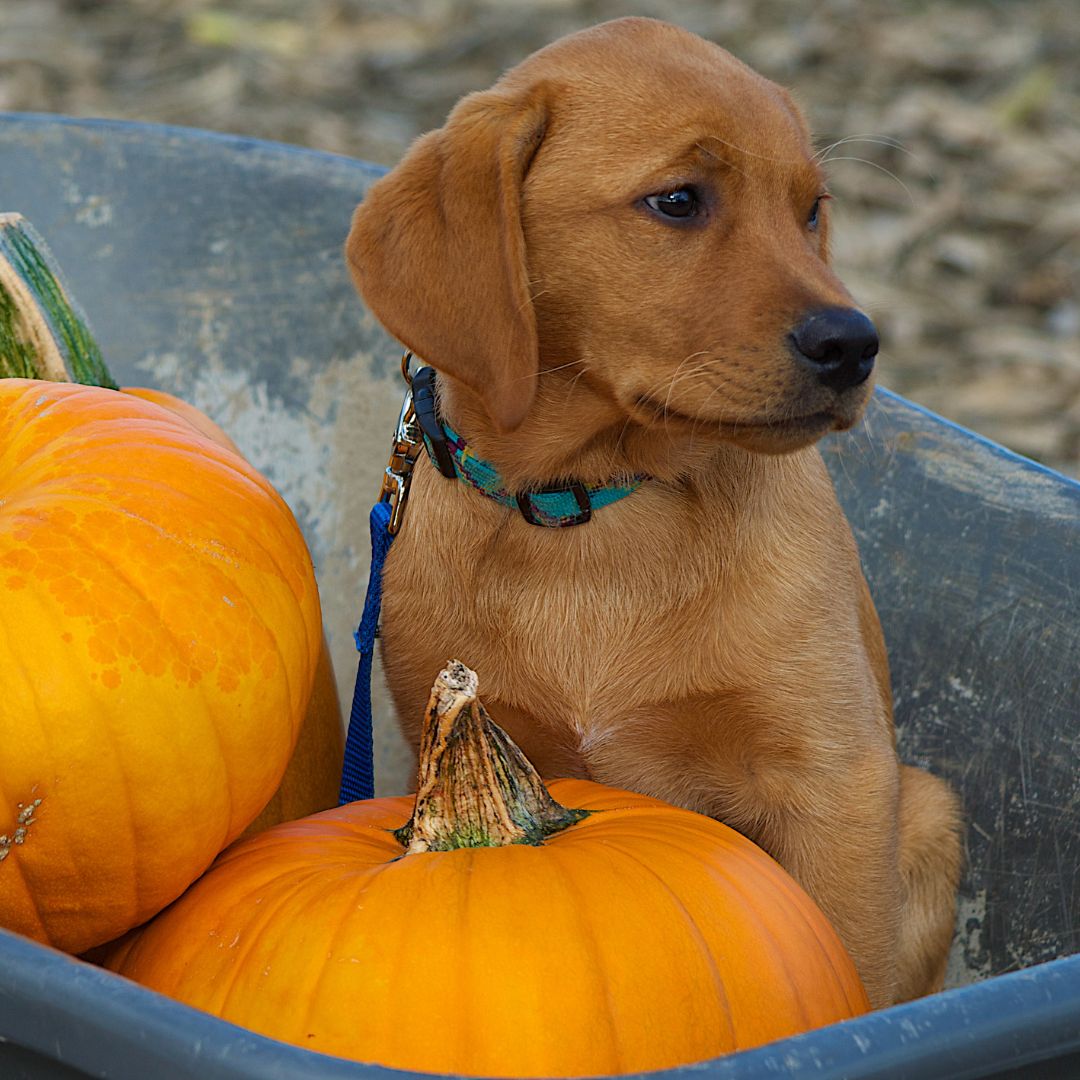
Avoid using scented candles, air fresheners, cleaning products with strong fragrance, and décor that may accumulate mold. For this season specifically, throw away pumpkin decor before it gets too old and moldy. Prefer products that are hypoallergenic and pet-friendly.
Open windows and ventilate your house daily, for at least a short period. Keep in mind that, if your little one is allergic to pollen, then air purifiers may be a better option than opening windows, as this can increase the amount of pollen inside your house during the high season. Humidifiers are also helpful to keep their airways hydrated and healthy, especially during the cold season, when heaters tend to dry the air and consequently their airways.
This simple tip can help reduce the introduction of pollen and plants’ small particles that can cause sneezing in allergic dogs.
Avoid using homemade essential oils and scents, as well as over-the-counter medications, without your trusted veterinarian’s approval.
At NHV, we have formulated several natural supplements that can provide support for the respiratory system and common causes of sneezing. Some of them include:
If sneezing is becoming more and more frequent, it might be the right time to take your little one to the vet.
When the reason for the visit is constant sneezing, your veterinarian will need to run a series of exams and sometimes tests to rule out different potential causes; as we saw earlier, there are many different causes of sneezing in dogs.
They will most probably do a physical exam of your little one’s airways first, with emphasis on their nose, but also their whole respiratory system. If necessary, they may also take samples with a nasal swab, radiography, and bloodwork, among others.
Treatments can vary greatly
Depending on the confirmed diagnosis, the treatments can vary greatly, just like the potential causes of sneezing. This is why it is crucial to visit your veterinarian when sneezing becomes a constant issue, rather than trying to find the cause on your own. Although sneezing may sometimes seem like a minor symptom, it can reflect that something that needs attention is happening, and they are the ones who have the tools and expertise to find the underlying cause and treat it accordingly.
Sneezing is a normal response of the body to protect it from potential harmful factors. It’s normal when it happens occasionally, but if it becomes a persistent symptom, veterinary attention is necessary. There are both non-seasonal and seasonal triggers that can cause a dog to sneeze constantly. Among the seasonal triggers, especially during autumn, common triggers can be candles, scents, and pumpkins with mold. If you believe that your little one is sneezing a lot and it becomes a concerning symptom, don’t hesitate to reach out to your veterinarian to rule out any underlying issue.
Sweet Potato Chips

100% Pumpkin
buy 2 and save $3
Give your fur baby 2-3 pieces per day as a treat
What Is It?
100% natural, single-ingredient Pumpkin treats for dogs.
What Makes It Great?
Why Should I Trust It?
Chef-made in small batches with no artificial preservatives, flavors, or colors.


What Is It?
100% natural, single-ingredient Pumpkin treats for dogs.
What Makes It Great?
Why Should I Trust It?
Chef-made in small batches with no artificial preservatives, flavors, or colors.

Your fur kiddo’s treats should be as pure as their love for you! With NHV’s chef-made pumpkin treats, you can pamper your pet with a wholesome treat that’s good for them too. But only for a limited time! We only made a limited quantity while pumpkin is in season, so be sure to stock up while they’re here. Pet-approved and 100% natural.
Imagine your little one running around a pumpkin patch and having the time of their lives hiding in the leaves or climbing a great big orange pumpkin.
With this single-ingredient pet treat, we’re bringing the pumpkin patch right to your door with no artificial preservatives, flavors, or colors - just flavor, fun, and nutrients!
Can dogs eat pumpkin as a treat? Pumpkin for dogs and cats offers loads of wellness benefits, especially in comparison to overly processed pet treats!
It’s low in calories but high in fiber, making it an excellent addition for pets who need to lose weight or for maintaining a healthy range. Pumpkin is rich in vitamins - such as vitamins A, C, and E - which help balance and maintain the immune system. It also contains traces of iron and potassium for overall wellness, whether they’re healthy or coping with a health condition.
Perfect-looking pumpkins often get picked first while their counterparts get left to rot, even though they are just as nutritious. To help reduce carbon and water waste, we’ve partnered with our suppliers to transform imperfect pumpkins into wholesome and tasty single-ingredient treats made from pumpkin for dogs, cats, and other critters to enjoy.
NHV Pumpkin Treats are lovingly made in small batches by a professional chef in Canada, meaning each and every piece is carefully inspected and prepared for quality and flavor.
These treats are only available for a short time while pumpkin is in season, so grab them while you can!
100% Pumpkin: Naturally preserved through dehydration - No artificial flavors, preservatives, colors, or additives
Treats should comprise no more than 10% of your pet’s daily caloric intake. Always provide fresh water, and supervise your pet while giving treats. Store in a cool dry place.
Your fur kiddo’s treats should be as pure as their love for you! With NHV’s chef-made pumpkin treats, you can pamper your pet with a wholesome treat that’s good for them too. But only for a limited time! We only made a limited quantity while pumpkin is in season, so be sure to stock up while they’re here. Pet-approved and 100% natural.
Imagine your little one running around a pumpkin patch and having the time of their lives hiding in the leaves or climbing a great big orange pumpkin.
With this single-ingredient pet treat, we’re bringing the pumpkin patch right to your door with no artificial preservatives, flavors, or colors - just flavor, fun, and nutrients!
Can dogs eat pumpkin as a treat? Pumpkin for dogs and cats offers loads of wellness benefits, especially in comparison to overly processed pet treats!
It’s low in calories but high in fiber, making it an excellent addition for pets who need to lose weight or for maintaining a healthy range. Pumpkin is rich in vitamins - such as vitamins A, C, and E - which help balance and maintain the immune system. It also contains traces of iron and potassium for overall wellness, whether they’re healthy or coping with a health condition.
Perfect-looking pumpkins often get picked first while their counterparts get left to rot, even though they are just as nutritious. To help reduce carbon and water waste, we’ve partnered with our suppliers to transform imperfect pumpkins into wholesome and tasty single-ingredient treats made from pumpkin for dogs, cats, and other critters to enjoy.
NHV Pumpkin Treats are lovingly made in small batches by a professional chef in Canada, meaning each and every piece is carefully inspected and prepared for quality and flavor.
These treats are only available for a short time while pumpkin is in season, so grab them while you can!
100% Pumpkin: Naturally preserved through dehydration - No artificial flavors, preservatives, colors, or additives
Treats should comprise no more than 10% of your pet’s daily caloric intake. Always provide fresh water, and supervise your pet while giving treats. Store in a cool dry place.
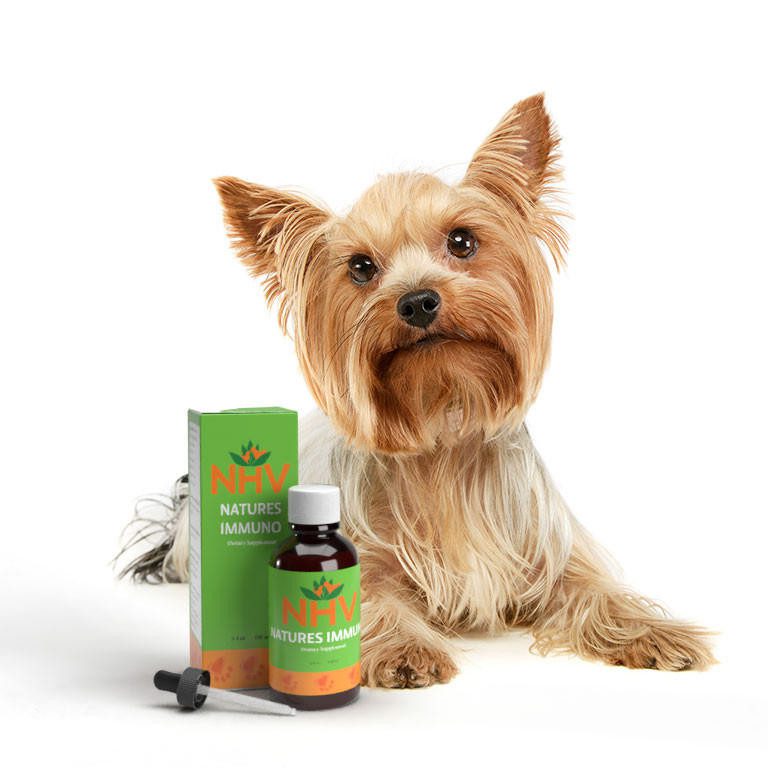
Natures Immuno- blend of mushrooms that help support immune function
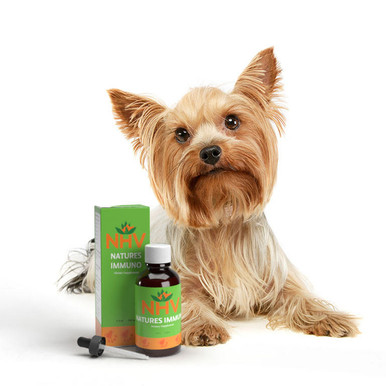
Natures Immuno- blend of mushrooms that help support immune function
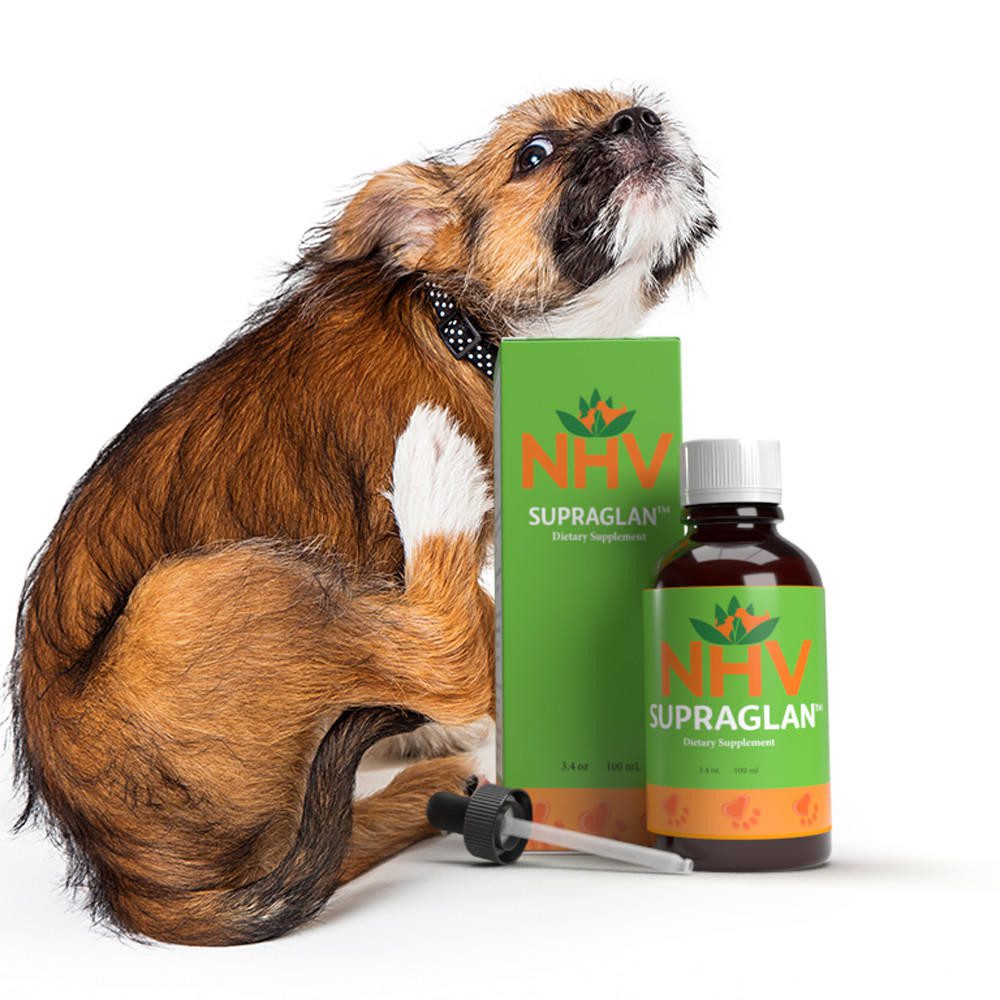
Alge-Ex - helps support pet with runny eyes and itch skin
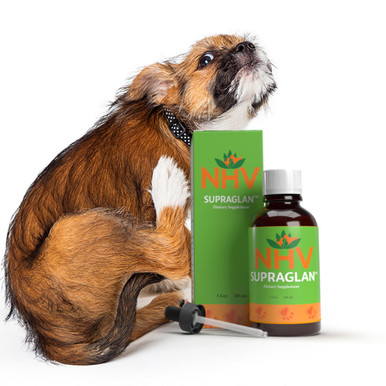
Alge-Ex - helps support pet with runny eyes and itch skin
Published: October 24, 2025